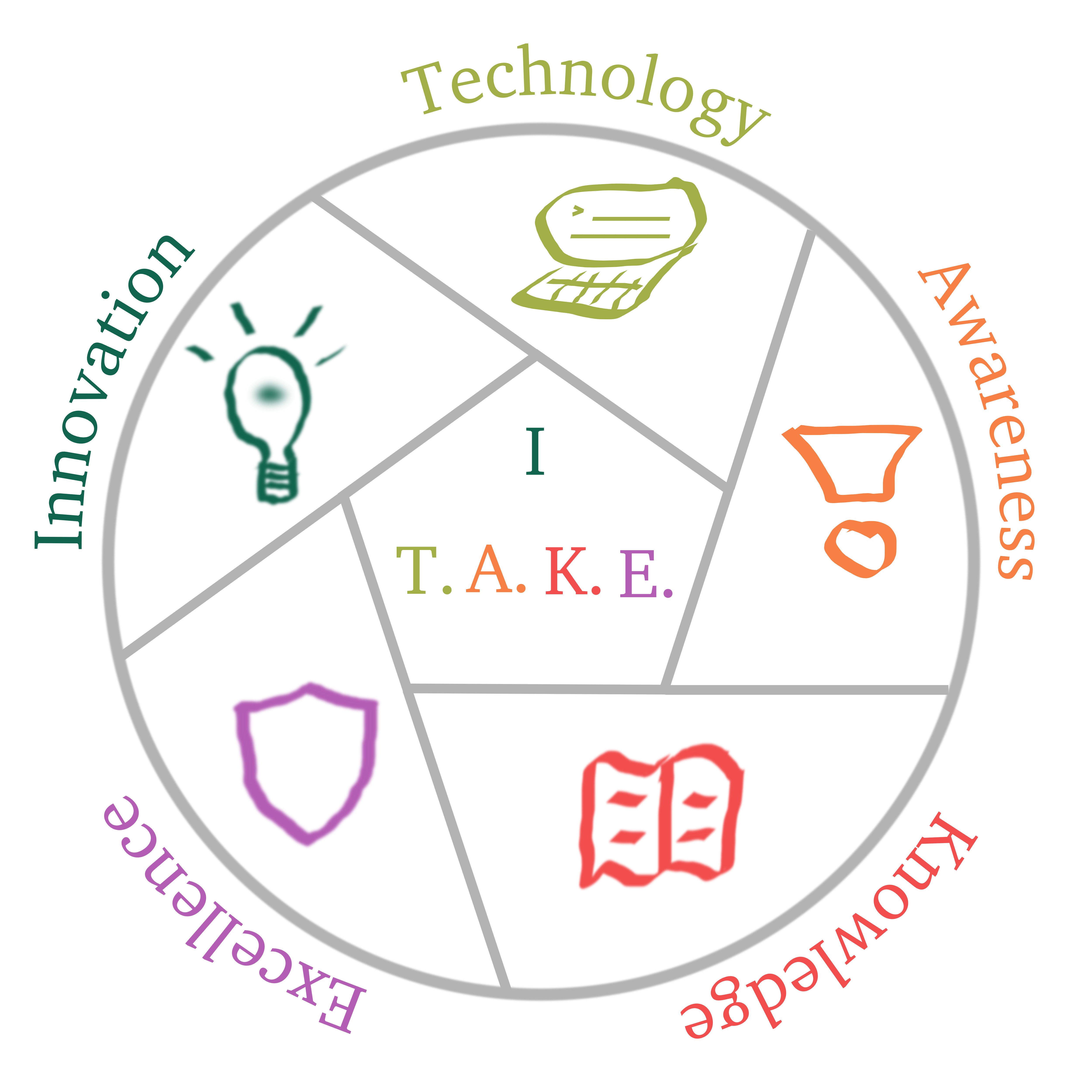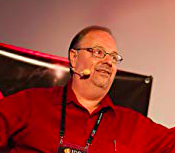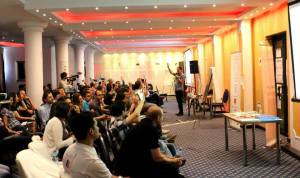2020
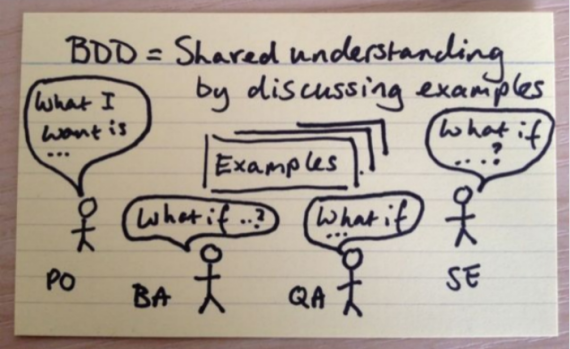
Behaviour Driven Development with Thomas Sundberg
Thomas Sundberg is an independent consultant based in Stockholm, Sweden. He has a Masters degree in Computer Science from the Royal Institute of Technology, KTH, in Stockholm. Thomas has been working as a developer for more than 20 years and has developed an obsession for technical excellence. This translates to Software Craftsmanship, Clean Code and Test Automation.
Cucumber JVM is a tool that allows development teams to describe how software should behave in plain text. The text is written in a business-readable domain-specific language and serves as documentation, automated test and development-aid – all rolled into one format. Cucumber JVM enables the implementation of Behaviour Driven Development in an organization that uses JVM for development.
Enjoy his presentation @ I T.A.K.E. Unconference 2014 edition.
Check out more about I T.A.K.E. Unconference 2015 or see directly the Schedule.

Meet Joe Yoder, Keynote @ I T.A.K.E. Unconference
Joe Yoder, the internationally recognized leader in many facets of software development, will join the I T.A.K.E. Unconference 7th edition from Urbana, Illinois.
His specializations are Architecture, Analysis and Design, C#, Java, Smalltalk, Patterns, Agile Methods, Adaptable Systems, Refactoring, Reuse, and Frameworks.
Joe evolved from the Software Architecture and Patterns group at the University of Illinois. He has worked on various projects during his career that has incorporated many technologies. These range from stand-alone to client-server applications, web applications, web services, cloud computing, microservices, service-oriented architecture, multi-tiered, various databases, object-oriented, frameworks, human-computer interaction, collaborative environments, and domain-specific visual-languages.
In addition, these projects have spanned many domains, including Medical Information Systems, Financial Systems, Ordering, Import, Invoicing, Print, Shipping, Warehouse Management, Manufacturing, Medical Examination, Statistical Analysis, Scenario Planning, Client-Server Relational Database System for keeping track of shared specifications in a multi-user environment, Telecommunications Billing System, and Business & Medical Decision Making.
Besides his specializations, Joe has many years of practical hands-on experience where he has conducted architecture and design reviews of enterprise applications and systems, reviewed the design and implementation of various systems and frameworks, provided assessments and detailed analysis of existing systems, assisted with frameworks and object-oriented development, designing and performing custom training and leading various successful Agile teams.
Joe believes software is still too hard to change and wants to do something about this. He also believes that with good practices, putting the ability to change software into the hands of the people with the knowledge to change it, and bringing the business side closer to the development process is a promising avenue to solve this problem. He teaches and mentors developers on Agile and lean practices, architecture, building flexible systems, clean design, patterns, refactoring, and testing.
Recently Joe has been working with organizations and thought leaders on the best practices for including quality aspects throughout the complete software life cycle.
Curious to hear one of Joe’s latest talks? Join us on the 7th of April at the 7th edition of I T.A.K.E. Unconference.
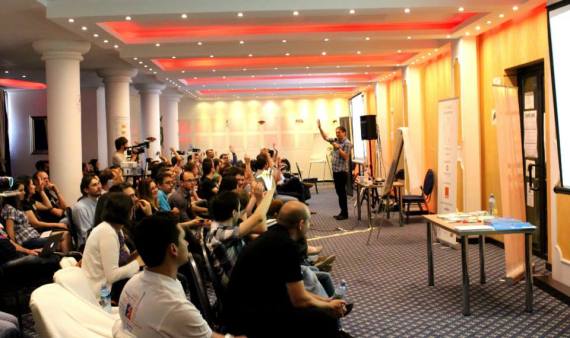
Registration is now open
|
Registration for I T.A.K.E. Unconference 2015 is now open. Just the first 30 participants will benefit from the Supporter Ticket. Here are some highlights from the Schedule we have prepared for your high tech delightment: |
- Architecture – Microservices & Web components are the same with Tim Perry
- DevOps – How Docker tricked me in DEvOps with Sebastian Korfmann
- Developer’s Life – Power up: Learn how to recharge your energy bar with Andrew Hall
- Executable Specifications – Living Documentation Jumpstart with Cyrille Martraire
- Hardcore Programming – Clojure, Clojure Script why they’re awesome with Stefan Kanev
- Web – Object-Oriented Views with Aki Salmi
- Technical Leadership – How to boost development team’s speed with Patroklos Papapetrou
- Kata Lounge – Receive some requirements, respect the timebox, and then somebody will review the code with you and give you ideas for improvement
- Product Development – You will produce software live
Are you ready to write code, analyze architectures and technical strategy and immerse yourself into this awesome gathering of software passionates?
If Yes, Register to be part of the awesome 2015 I T.A.K.E. Unconference.
